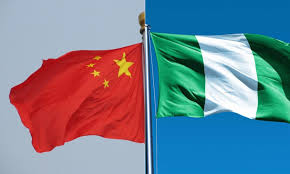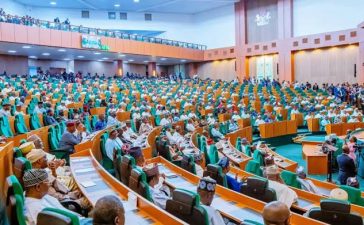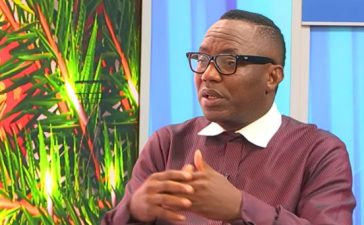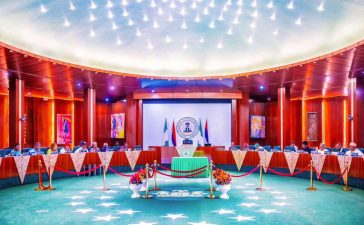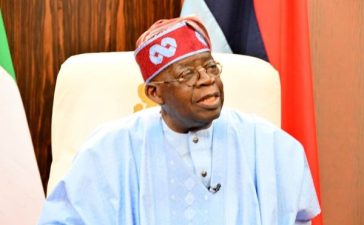The Central Bank of Nigeria (CBN) has expressed concern that the persistent trade imbalance between Nigeria and China could undermine the long-term success of the Nigeria-China currency swap agreement.
Speaking at a breakfast meeting hosted by the Maritime Reporters Association of Nigeria (MARAN) in Lagos, CBN Governor Dr. Olayemi Cardoso—represented by his Special Adviser on Finance and Strategy, Mr. Anthony Ogufere—highlighted the structural challenges in the current trade relationship.
“The imbalance in trade flows constrains Nigeria’s capacity to reap the full benefits of the swap agreement,” Ogufere said, noting that the deal was designed to streamline trade and reduce reliance on the U.S. dollar.
While the currency swap agreement has eased import transactions with China by enabling direct trade settlements in naira and renminbi, Nigeria’s export volumes remain disproportionately low. In 2023, exports to China stood at about $2.51 billion, compared to a hefty $20 billion in imports from China—largely dominated by consumer goods.
Cardoso emphasized the need for Nigeria to diversify and increase its non-oil exports by adding value through processing and local manufacturing. “We must not import what we can produce,” he warned.
Despite these challenges, the CBN maintained that the swap agreement holds strategic importance. The initiative has already cut Nigeria’s dependence on the U.S. dollar by 39%, reduced transaction costs, minimized foreign exchange risks, and enhanced trade efficiency.
Cardoso also noted that the agreement improves investor confidence by positioning Nigeria as a more credible trading partner to China and the broader global market. The swap deal allows Nigerian banks to issue renminbi Letters of Credit, while Chinese businesses in Nigeria can settle transactions in naira—eliminating the need for a third-party currency like the dollar.
Additionally, the agreement creates room for regulatory collaboration between Nigeria and China in combating financial crimes and ensuring transparent trade practices.
In his welcome remarks, MARAN President Mr. Godfrey Bivbere said the forum aimed to foster dialogue on the implications of the currency swap, especially in the context of Nigeria’s growing debt to China.
“There’s a sense of skepticism among Nigerians about the long-term impact of this deal, particularly with concerns about debt and trade fairness,” Bivbere said.

